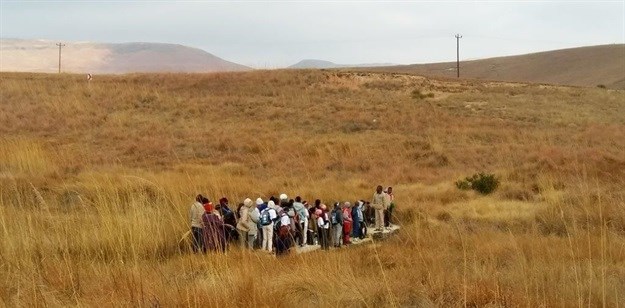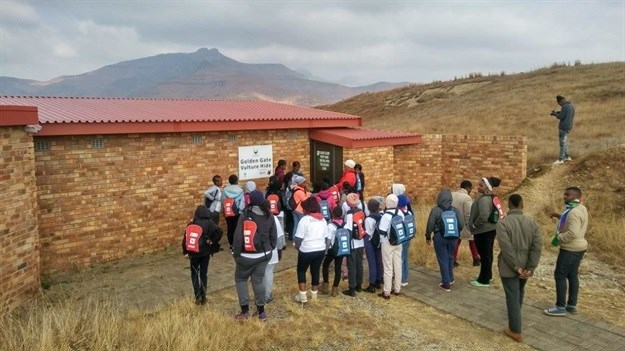
Top stories


ESG & Sustainability#BudgetSpeech2026: SRD grant unchanged, other Sassa social grants see hike
8 hours




More news











ESG & Sustainability
South Africa’s carbon tax should stay: climate scientists explain why










The programme which targets urban school-going children from disadvantaged backgrounds has grown to 20 schools. Learners are encouraged to research and debate biodiversity conservation issues based on climate change-related topics, as well as being exposed to conservation and climate-related careers.
According to SANParks head of corporate communications Janine Raftopoulos, “The programme aims to enhance climate science literacy by advocating lifestyle and behavioural changes that favour resource conservation and contribute to climate change mitigation.”
Raftopoulos also said that the schools selected are all from Gauteng and “they are from different education districts in four municipalities, namely City of Tshwane, City of Johannesburg, West Rand and Ekurhuleni”. The schools are selected through the Department of Basic Education district offices and the criteria for selection takes into consideration the better performing disadvantaged schools who are also involved in other environmental initiatives.
The majority of urban-based learners are rarely exposed to national parks or conservation issues as most parks are based in rural areas. SANParks wants to afford urban learners the same opportunities as the rural learners in getting to know nature through environmental learning activities and therefore the KGSI is aimed at urban learners.

“The future of our environment lies in the ability of our youth to understand their local and global environments and the issues that impact negatively on our world. The sustainability of our natural environment and ecosystems cannot only be left to existing legislation and policies; we also need to invest in the knowledge and development of our future leaders who will take the responsibility of advancing such policies,” she said.
The programme has exposed 1501 learners from 20 schools to wilderness experience in national parks and reserves since inception. “These learners once back in their communities are agents of change for a better, healthier future for all in South Africa. The best way to get young people to understand and have respect for the environment in conservation areas is to start by making positive and visible changes in the environments where they live and that is what the KGSI is all about,” concluded Raftopoulos.